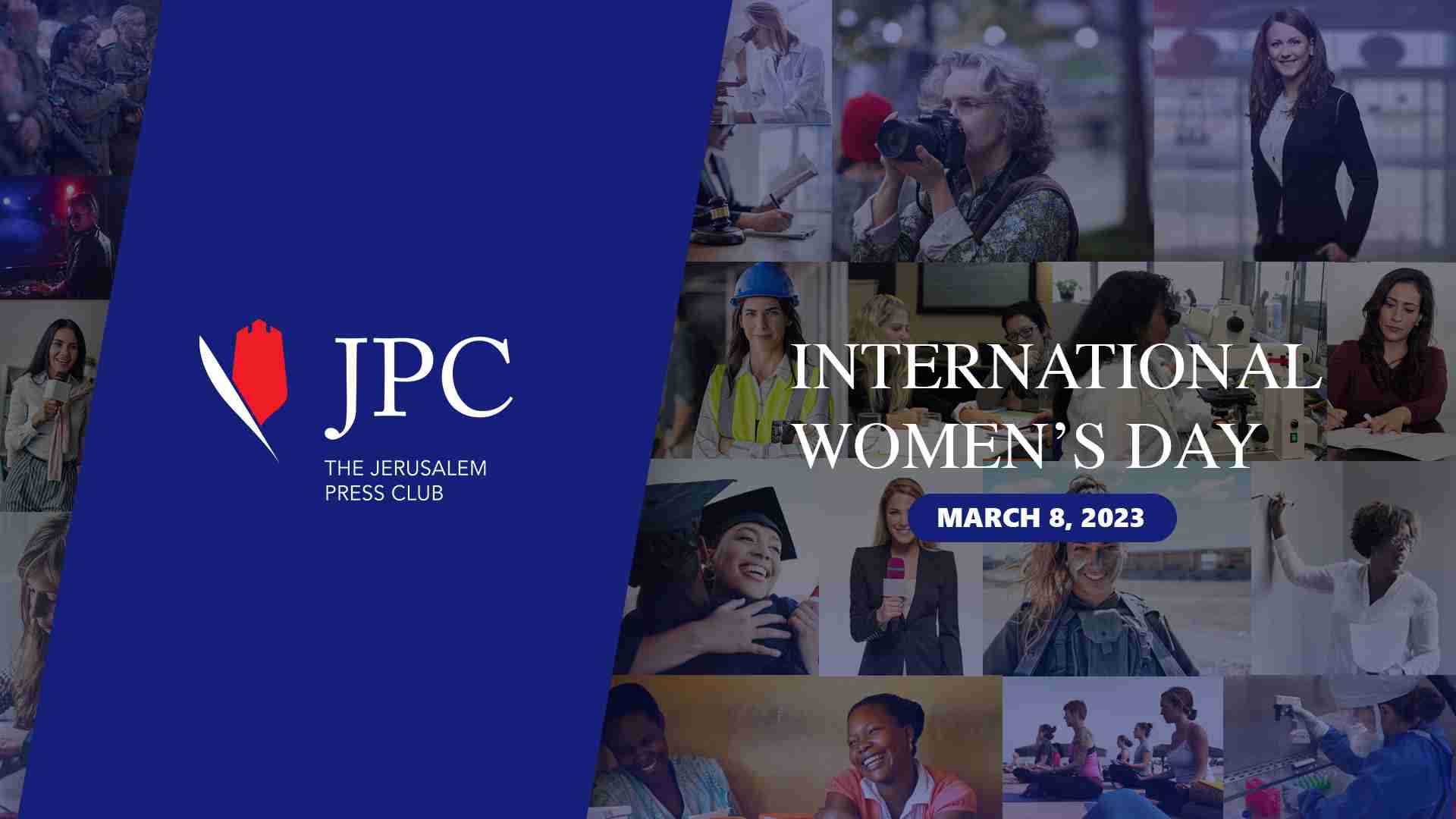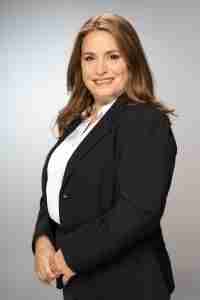

Hagit Moshe
Deputy Mayor of Jerusalem, Chairperson of the Jewish Home party
Photo: Rami Zarnger
A lot has been said about the lack of women’s representation in this government. Do you think this criticism is correct and should gender equality outweigh political considerations of the parties?
In the current situation, the absence of women in significant positions in the government indicates that there are barriers to reaching these positions and I agree with the existing criticism. Despite this, I believe that women should be promoted based on their professional skills and not based on the fact that they are women. I believe that female managers have unique leadership skills, are highly professional and have different work methods than their male counterparts. Hence, I aim to increase the number of women working in the public sector regardless of political considerations.
Minority issues at times intersect and we have seen this significantly in the recent protests to reforms the government plans to make. Do you think that this overlap strengthens the struggle for women’s rights or does it depreciate the issue?
Recently, there has been a trend of connecting one struggle to another. The current protests over the reforms that the current government is promoting must be separated from other struggles. Women make up 50% of the world’s population and 50% of the voting public – women are not a minority population. I wouldn’t connect the troubles of minorities with the struggle for women’s rights and I do not see an overlap between the two issues.
How has the role of women in the policy world (beyond political leadership – journalism, academia, defense etc.) in Israel evolved over the years, and what progress still needs to be made?
From the beginning of the Jewish people’s [history], women have been in leadership positions, from Deborah the prophetess to Golda Meir who led the state of Israel in the 1970s. There are more and more women in senior positions in the world of journalism, academia and the public sector as a whole. In order to leverage this positive process, we have the duty to continue ensuring women are placed in significant positions in all sectors.
Taking into consideration that a significant part of the population in Israel is conservative (both ultra-Orthodox, religious-Zionist, and much of the Arab sector), what can be done to educate the next generation about gender issues?
I am a religious-nationalist woman who was elected by men and women. I am of the opinion that if more women from these sectors were to be in key positions, the next generation will accept the idea as a matter of course. My recommendation to women from conservative societies who want to reach senior positions is to just go for it.

